The error “Windows Cannot Access The Specified Device Path or File” occurs due to not having the permissions of a program or item. However, it might not be a leading cause as some other third-party antivirus application or even Windows defender can be involved in causing this issue. According to the error message, the permissions of an item you are trying to access are not configured properly, which is why the error is being triggered.

We have described some of the main factors that might be involved in causing this error:
- Not Having Appropriate Permissions The issue can be caused by not having the specific file or app permissions. To fix this, you will need to give the appropriate permission to the file or app.
- App or File Is Quarantined– If the app or file is quarantined in Windows Defender or even in third-party antivirus, you will get this error message until you remove it from the antivirus.
- Turned On Antivirus- In some cases, the error occurs when the antivirus blocks a file or program you are trying to access. Therefore, it is recommended to disable Windows defender or third-party antivirus software.
1. Add Folder to Exclusions
Windows defender allows us to include any program or folder in the exclusions. Excluded items cannot be scanned, so keep in mind that the program or folder could contain threats and viruses that make Windows vulnerable.
However, if you trust the program, file, or folder, adding it to the exclusion could fix this issue. This method works for most of the affected users. Therefore, give it a try. Below are the steps:
- Click Start Menu and type Settings
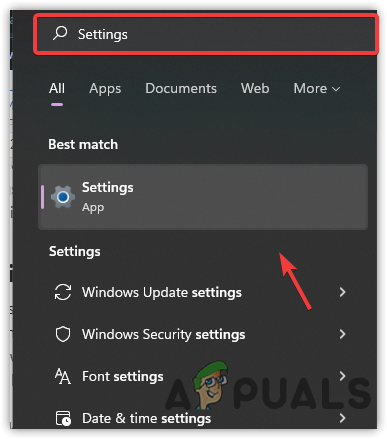
Opening System Settings - Open settings and go to the Update & Security tab.
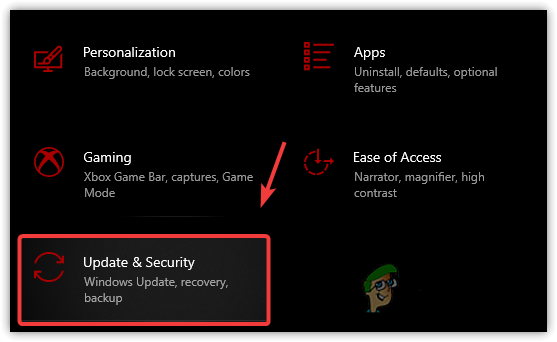
Navigating to Update And Security - Click Windows Security from the left sidebar
- Click Open Windows Security
- Navigate to Virus & Threat Protection
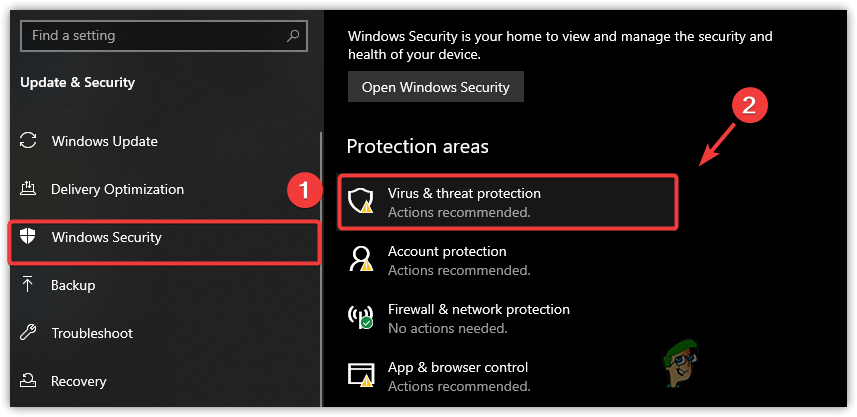
Navigating to Virus And Threat Protection - Click Manage Settings
- Scroll down to the bottom and click Add or Remove Exclusions
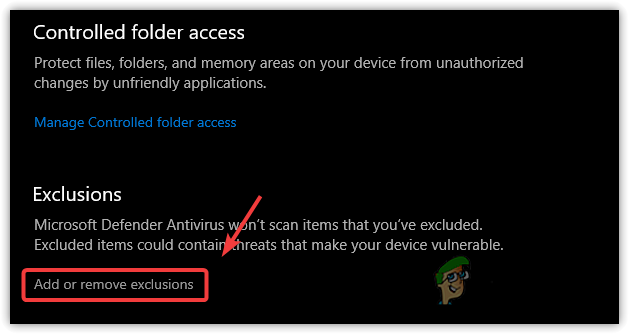
Opening Exclusions Settings - If Windows asks for the permissions, click Yes
- Click Add An Exclusion
- Choose a type of item you are trying to access
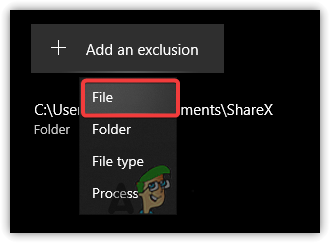
Select One From The List - Select the Application, folder, or program and click Open
- Once done, try to access the item and check if the error is fixed.
2. Take Full Control Of The App
The error can either occurs due to not having permission that gives complete control of a program or folder to access the file. Giving permission to the specific program or folder will make it accessible for the user who logged in to Windows. Hence, you might need to change the permission to fix this error. Follow the below steps:
- Open file explorer and navigate to the directory where the causing Application located
Note: If the Application is located on the desktop, you don’t need to follow the 1st step. - Just right-click on the item and Select Properties
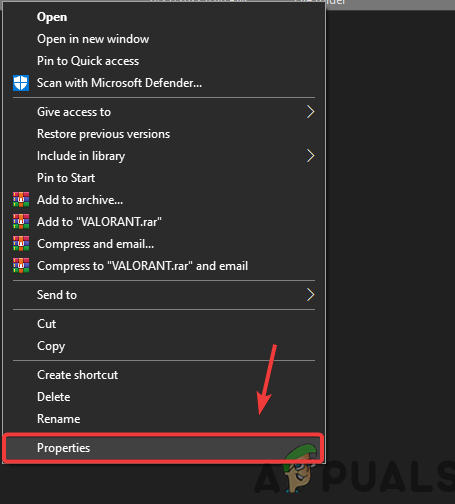
Opening Properties - Go to Security from the top
- Select the local account and click Edit
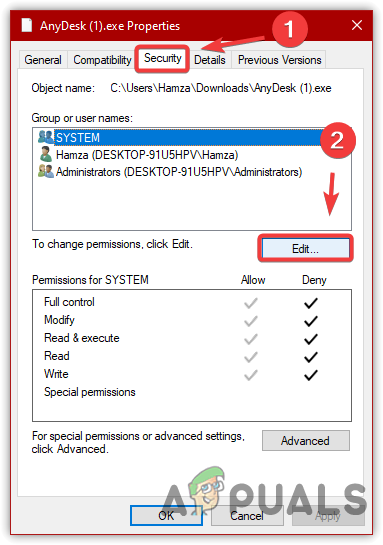
Navigating to Folder’s Security Settings - Now under Permissions for SYSTEM
- Uncheck all the boxes under Deny
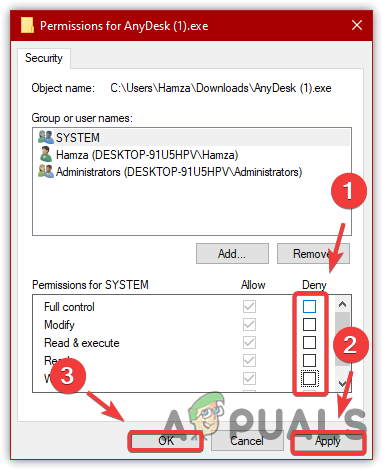
Changing Folder’s Permissions - Repeat the same process with other usernames
- Once done, click Apply and click OK
- Again click OK to close the Windows
- Now double-click the item and check if the error is still bothering you.
3. Remove a Program or Folder From Quarantine
If the program or folder you are trying to access is quarantined or blocked by the Windows defender antivirus, you might encounter this error message until you unblock the file and allow it on your device. As per the affected users, the error immediately disappeared when they allowed it on their device. Therefore, give it a try and see if this fixes the error. Below are the instructions:
- Click Start Menu and type Windows Security
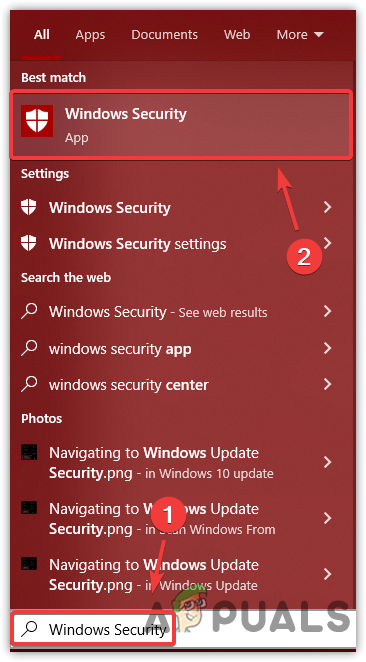
Opening Windows Security - Open the security settings, go to Virus & Threat Protection
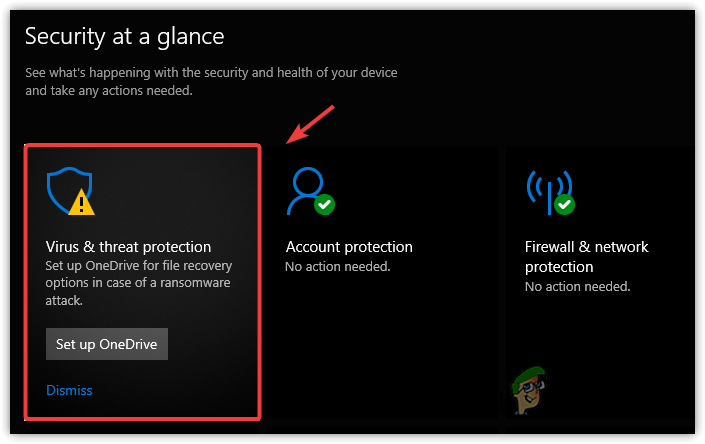
Navigating to Virus And Threat Protection - Now, if the item is quarantined, you will see it under current threats
- Now select the item and choose Allow On Device
- Then, click on Start Action
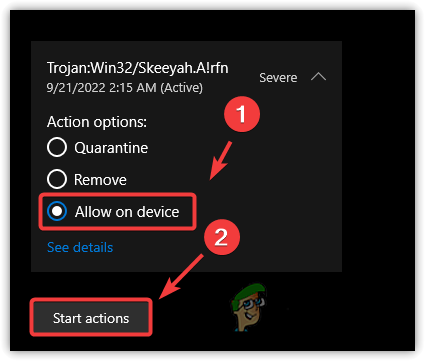
Removing App From Quarantine - Once done, check if the error persists.
4. Uninstall or Configure Third-Party Antivirus
If you are using a third-party antivirus software instead of Windows defender, you might have to remove a program or file from the Quarantine settings, or you can also uninstall or temporarily disable antivirus. Follow the steps to remove the program or folder from Quarantine to fix this error:
- Right-click the antivirus from the system tray
- Click Quarantine, and if causing program or folder is added, delete it by clicking on the Delete Icon to see if this resolves this error.
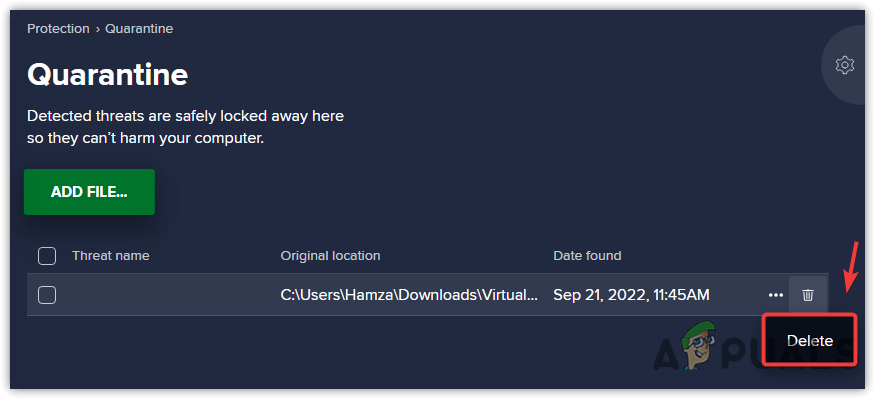
Removing Item From Quarantine
5. Disable Windows Defender Firewall
If the error is not resolved, try disabling the Windows defender Firewall to fix this error. Follow the steps to disable Windows defender Firewall:
- Press the Windows key and type Control Panel
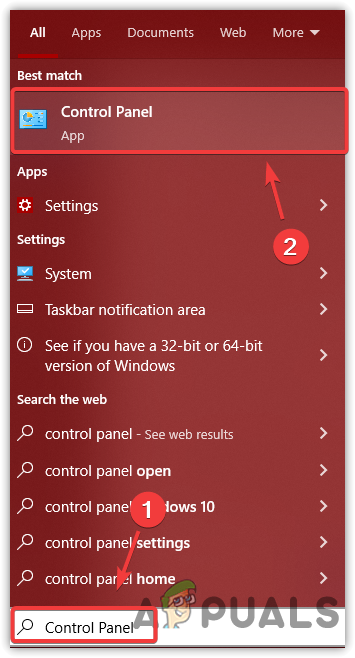
Navigating Control Panel - Open the control panel settings and navigate to the following path
Control Panel\System and Security\Windows Defender Firewall
- Now click the Turn Windows Defender Firewall On or Off
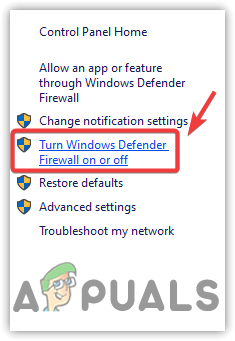
Opening Windows Defender Settings - Select Turn Off Window Defender Firewall For Private Network Settings
- Repeat the above step with Public Network Settings
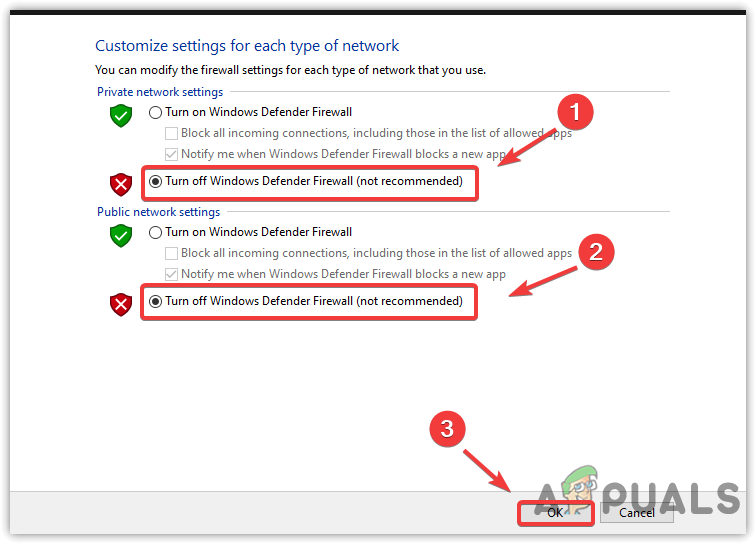
Disabling Windows Defender - Once done, click OK and check if the error is still occurring.
The post Fix: Windows Cannot Access The Specified Device Path or File appeared first on Appuals.com.

0 Commentaires